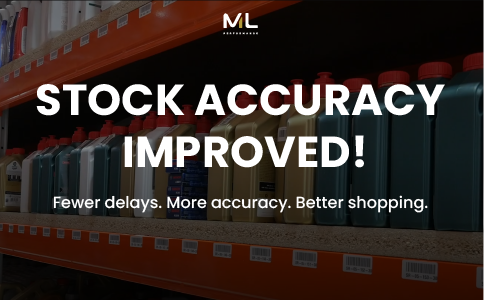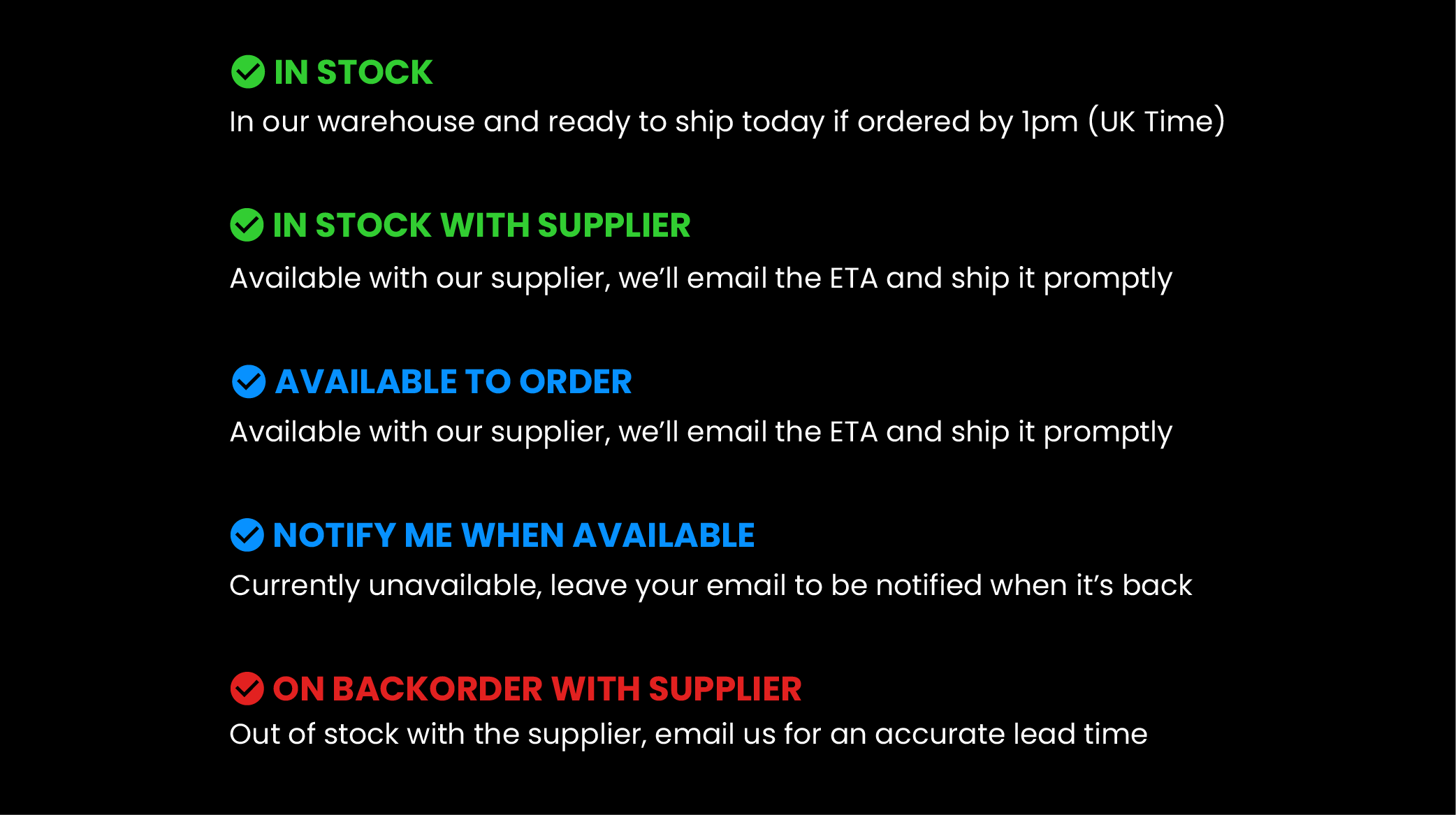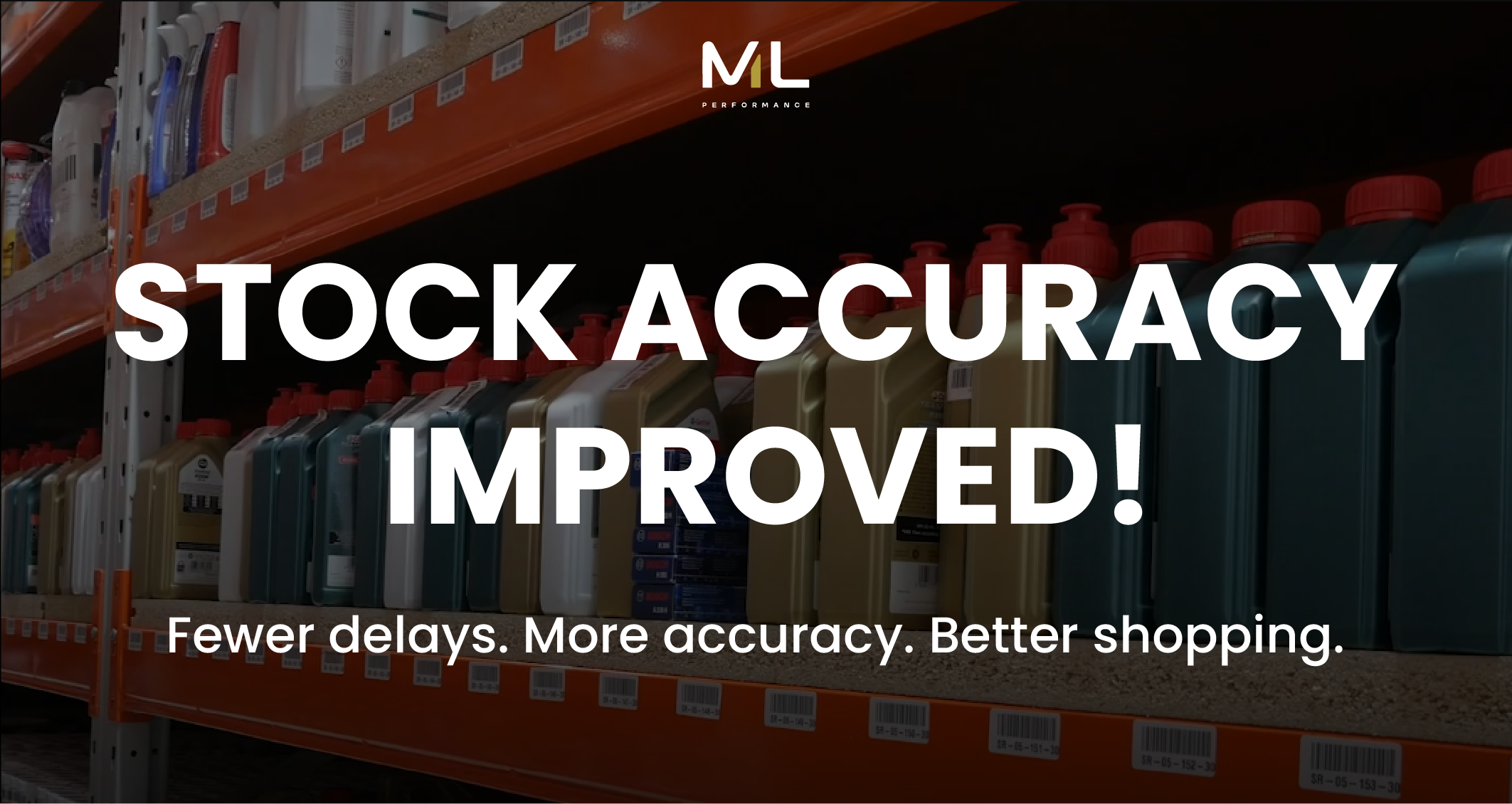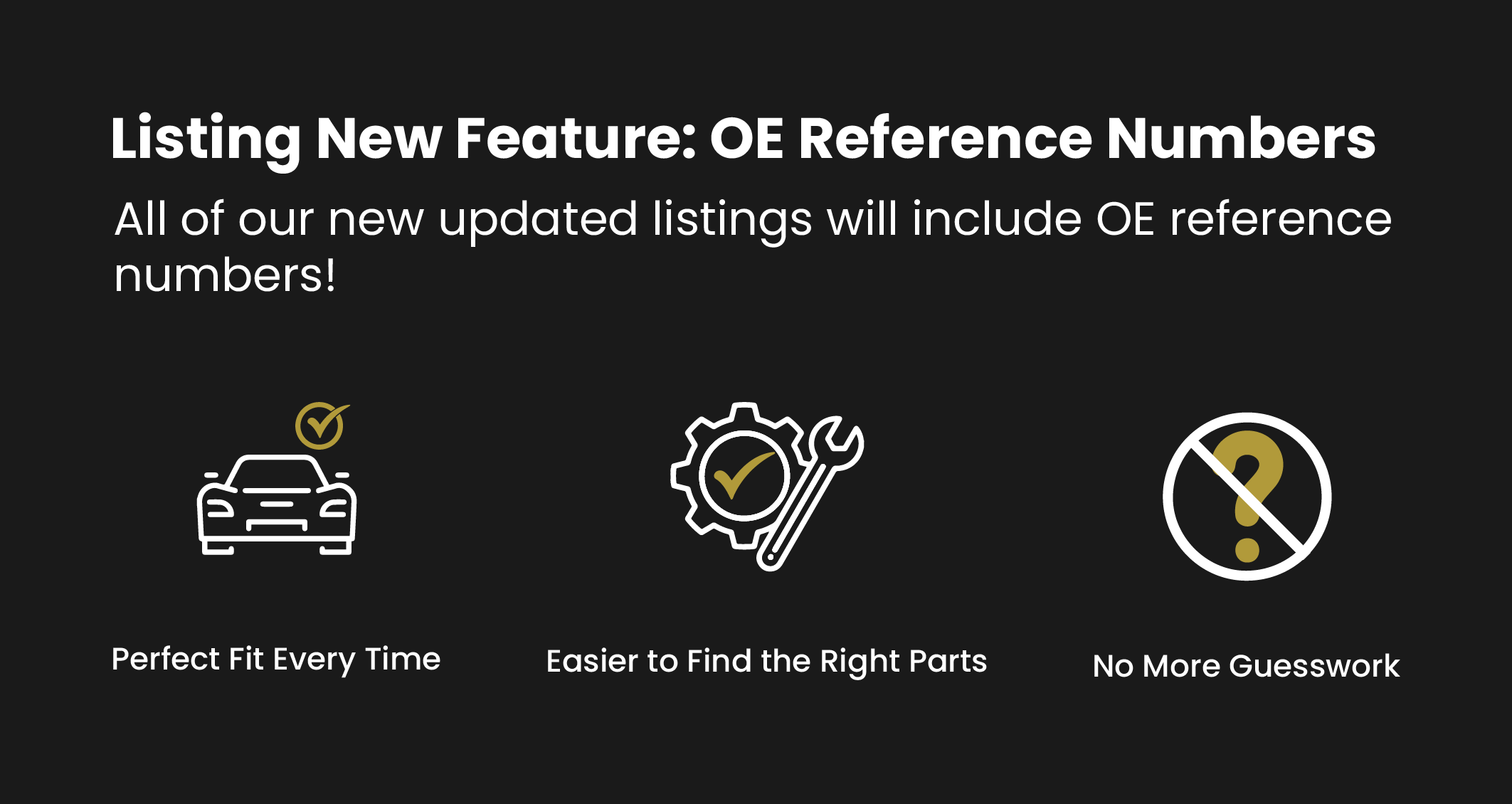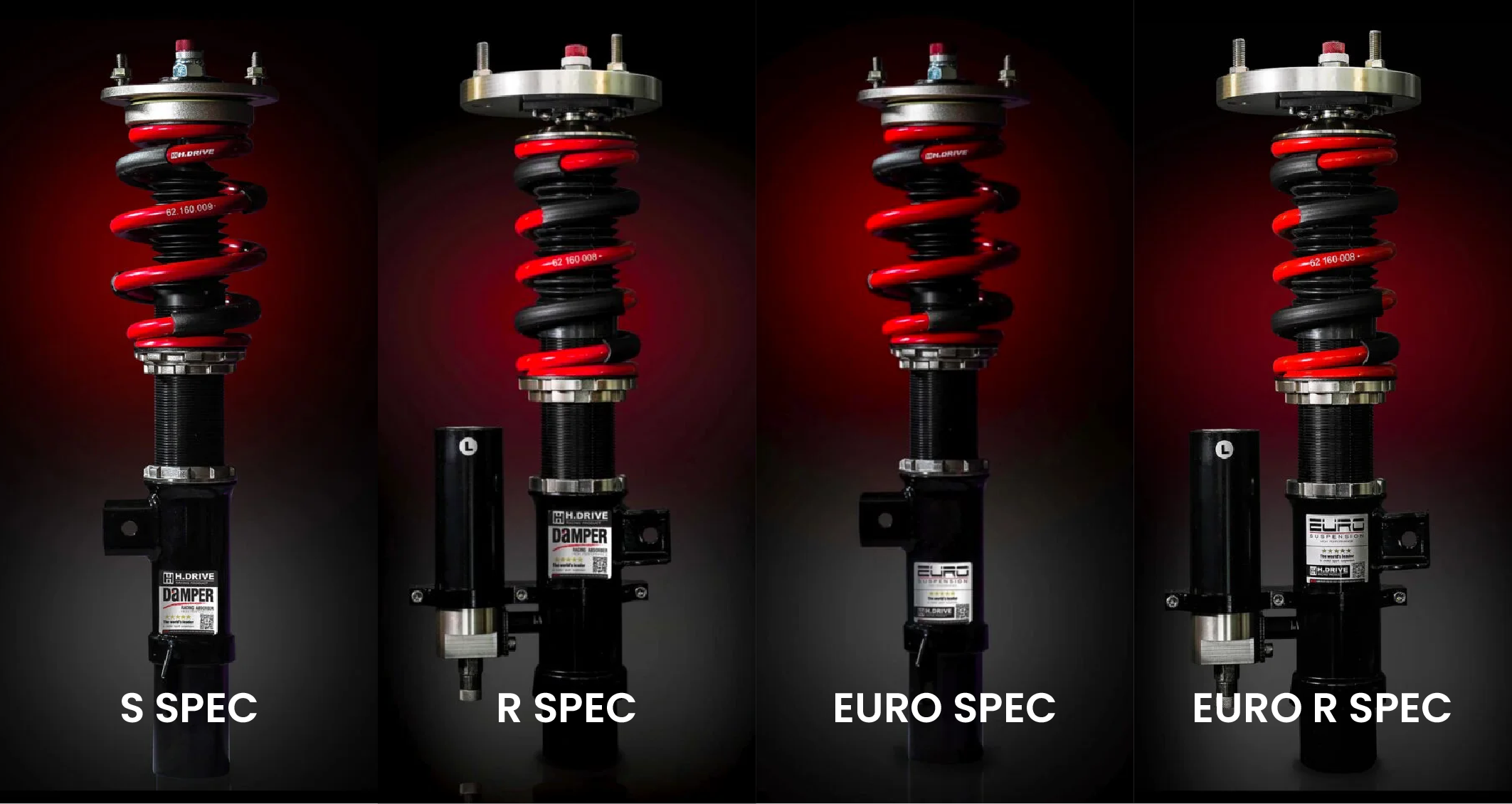Undeniably, the most important safety component in your car are your brakes as it’s the first pedal that comes to your mind in an emergency!
You may not realise but each time you hit the brake pedal, your brake pads experience an amount of wear on the brake pads. This accumulates over time, causing your pads to thin down. As a result, you will eventually need to replace them before it puts you at risk.
So how can you know when your brakes need to be replaced? Fortunately, worn brakes don't remain silent for very long. Let’s look at the warning signs you should pay attention to - read on!
Have you ever heard a high-pitched screeching sound when pressing on the brakes? This usually happens when the pads have worn out.
Brake pads also include a metal indicator which are designed to produce a squealing sound when the pads have reached a certain point. This is an indication that the pads are nearing its life span and a clear sign that you should change your brake pads.
If you feel like your brakes are taking longer for a car to stop than it usually takes, then you should put your foot down and have the brakes inspected.
You might find that you need to apply the brakes more forcefully and for a longer period of time than usual. This gradually happens when the brakes lose some of their capacity to produce friction and this can be a sign that the brake system has a leak. It can be a brake fluid or air leak (in the brake hose).
Some car models have a sensor on the pads that activates when the brake pads become worn down. If your brake light illuminates, we suggest getting the brake pads checked as it may indicate that your brakes are having some issues.
A vibrating brake pedal could be a sign that it’s time to replace your brake pads. If you find it difficult to stop your vehicle with your existing brake pedal and it vibrates or feels shaky when you press down, it probably just means that your wheels need to be realigned or that your tyres require balancing. It might also indicate that your rotors are deformed or warped. These kinds of vibrations will occur if either surface is uneven or distorted, which will result in inconsistent friction.
It’s crucial to have your car diagnosed because this is not normal and could cause more harm to your car or even cause an accident.
All you need to do here is watch out for the pads! You should be able to find the brake pad by looking between the spokes of your wheels. The pad should typically be at least 1/4 inch (around 3 mm) thick. If it is less than a 1/4 inch thick, they probably need to be replaced soon.
Overall, by following the correct procedures and performing regular checks to ensure the brake pads are functioning effectively, you can prevent severe brake damage. All you need to do is look and listen for the warning signs!
Also, make sure you choose the appropriate brake parts to meet your car’s needs because some brakes last longer and function better than others. We offer quality brake pads like EBC, Endless and Ferodo for your car.
EBC has different pad types such as Yellowstuff, Redstuff, Bluestuff and Greenstuff pads. Our upcoming article speaks about what the colours actually mean - stay tuned!







